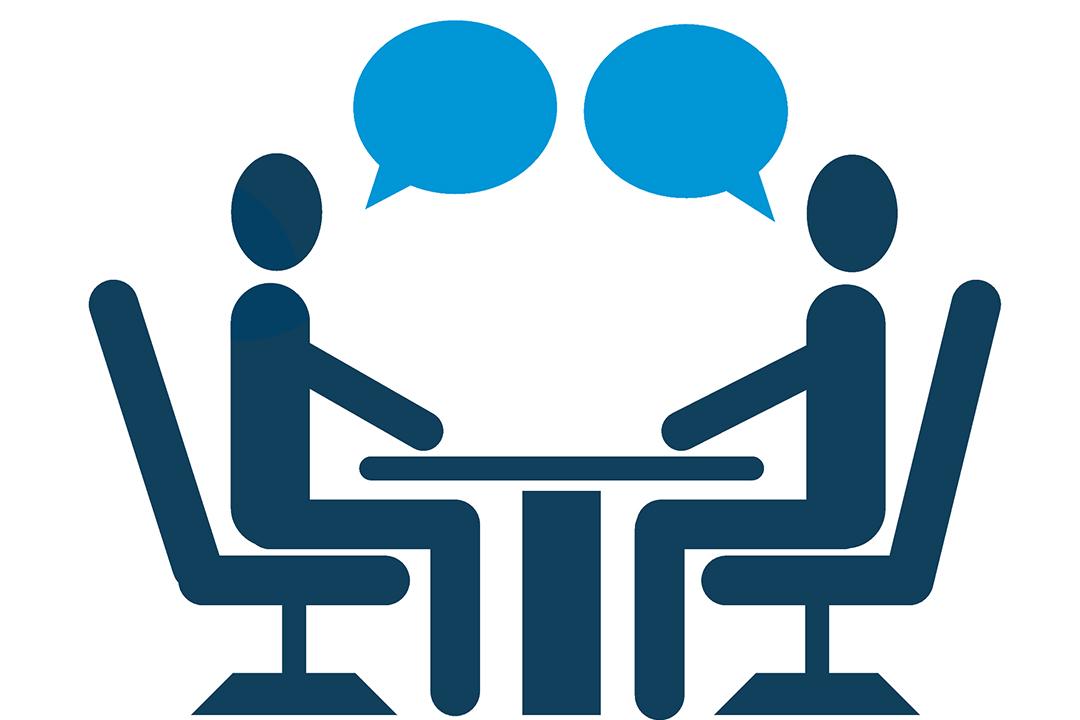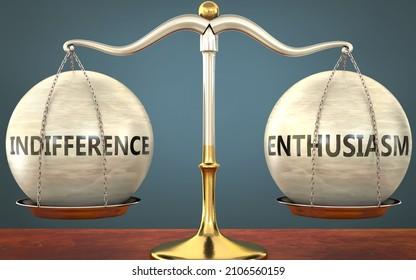In the contemporary recruitment landscape, the interview process has evolved into a crucial platform for both candidates and employers to assess compatibility. Among the myriad of topics that arise during these dialogues, the discussion of weaknesses remains one of the most challenging yet essential components. It not only serves as a pivotal moment for self-reflection for the candidate but also provides potential employers with insights into a candidate’s self-awareness, resilience, and commitment to personal and professional growth. This article delves into strategic approaches for discussing weaknesses in interviews, offering methodologies that can help candidates articulate their shortcomings constructively while simultaneously demonstrating their ability to learn and adapt. By employing these techniques, candidates can transform what is often perceived as a daunting question into an opportunity that showcases their strengths in vulnerability, critical thinking, and proactive improvement. Through a synthesis of psychological principles and practical applications, this guide seeks to equip job seekers with the tools necessary to navigate this pivotal interview component with confidence and professionalism.
Table of Contents
- Understanding the Importance of Discussing Weaknesses in Interviews
- Identifying Authentic Weaknesses that Align with Job Requirements
- Constructing a Framework for Articulating Weaknesses Effectively
- Turning Weaknesses into Opportunities for Professional Growth
- To Wrap It Up
Understanding the Importance of Discussing Weaknesses in Interviews
One of the most critical aspects of job interviews is the discussion surrounding personal weaknesses. Participants often perceive this topic as a potential pitfall, but when approached strategically, it offers a valuable opportunity to demonstrate self-awareness and growth. Addressing weaknesses thoughtfully can distinguish a candidate from others, showcasing their ability to reflect on past experiences and actively seek improvement. Highlighting weaknesses allows you to present the interviewer with evidence of resilience and commitment to personal development, critical traits that employers seek in potential employees.
When discussing weaknesses, focusing on how you have transformed these areas into strengths is essential. Consider illustrating your journey of overcoming these challenges through specific examples. For clarity, the following framework may be useful:
| Weakness | Action Taken | Outcome |
|---|---|---|
| Time Management | Attended workshops and utilized planners. | Improved delivery and efficiency in projects. |
| Public Speaking | Joined a local Toastmasters club. | Increased confidence and presentation skills. |
| Technical Skills | Took online courses to enhance knowledge. | Faster problem-solving and tech adaptations. |
Leveraging this method not only shows that you recognize areas for improvement but also emphasizes your proactive approach in tackling these challenges. By framing your weaknesses within a context of continuous learning and development, you can build credibility and leave a lasting impression on potential employers.
Identifying Authentic Weaknesses that Align with Job Requirements
When preparing for an interview, it is crucial to identify authentic weaknesses that resonate with the job requirements. This self-assessment should focus on aspects that are genuine and can be framed as areas for growth rather than fatal flaws. To enhance your credibility, consider highlighting weaknesses that may actually correlate with skills or attributes relevant to the position. For instance, if the role demands meticulous attention to detail, you might acknowledge a tendency to overlook minor errors in fast-paced settings. However, emphasize how you are actively implementing strategies to improve this skill, such as utilizing checklists or software tools.
Moreover, aligning your weaknesses with the organization’s goals can demonstrate self-awareness and a proactive approach to development. Constructive examples can include:
- Time Management: Although balancing multiple tasks has been challenging, you are enhancing your scheduling techniques.
- Delegation: Acknowledging a tendency to take on too much responsibility, you are learning to trust team members with tasks.
- Pacing Yourself: If you tend to rush through projects, you can mention your efforts to adopt a more measured approach to ensure quality.
By carefully selecting these weaknesses, you demonstrate a mature perspective on professional growth while aligning your answers with the expectations of the employer. In doing so, it’s essential to depict a journey of continuous improvement that not only acknowledges your challenges but also showcases your commitment to advancing your skill set in relation to the job’s demands.
Constructing a Framework for Articulating Weaknesses Effectively
Addressing weaknesses in an interview setting requires a thoughtful approach, enabling candidates to communicate effectively without undermining their overall candidacy. To achieve this, consider implementing the following strategies:
- Self-Awareness: Begin by identifying genuine weaknesses that do not severely impact your ability to perform the role.
- Contextualization: Frame your weakness within a specific context, outlining circumstances that showcase your awareness of the limitation.
- Actionable Steps: Highlight the measures you are taking to mitigate this weakness, such as further training or seeking mentorship.
- Positive Spin: Conclude with how this experience has contributed to your professional growth and made you a more resilient candidate.
It is also beneficial to utilize a structured format to present your weaknesses clearly. Consider the following framework, which can help streamline your thoughts and convey them confidently during the interview:
| Weakness | Context | Actions Taken | Growth Outcome |
|---|---|---|---|
| Time Management | Difficulty prioritizing tasks during peak periods | Completed a time management workshop | Increased efficiency by 20% |
| Public Speaking | Discomfort presenting to large groups | Joined a local Toastmasters club | Gained confidence and improved delivery skills |
Turning Weaknesses into Opportunities for Professional Growth
When preparing for an interview, turning perceived weaknesses into opportunities can demonstrate a proactive attitude and a commitment to personal development. Reflecting on your weaknesses allows you to craft meaningful narratives that convey resilience and adaptability. Consider the following strategies:
- Self-Assessment: Take the time to identify areas where you could improve, such as public speaking or time management.
- Set Goals: Frame your weaknesses in terms of growth objectives, explaining how you plan to tackle them.
- Share Progress: Highlight specific actions you’ve taken to combat your weaknesses, such as enrolling in courses or seeking mentorship.
As you articulate these experiences in an interview, consider using a structured approach like the STAR method (Situation, Task, Action, Result). This framework not only provides clarity but also allows you to showcase how your weaknesses have prompted strategic changes in your professional behavior. Here’s a simple table to illustrate how to align weaknesses with actionable strategies:
| Weakness | Action Taken | Outcome |
|---|---|---|
| Public Speaking | Joined a local Toastmasters club | Increased confidence and improved presentation skills |
| Time Management | Utilized task management tools | Enhanced productivity and met deadlines consistently |
To Wrap It Up
effectively discussing weaknesses during interviews is a nuanced skill that requires a strategic approach. By framing weaknesses as opportunities for growth, providing context that demonstrates self-awareness, and highlighting proactive measures taken toward improvement, candidates can transform potential pitfalls into compelling narratives. It is essential to recognize that interviewers value authenticity and a growth mindset, and articulating weaknesses thoughtfully can enhance credibility and rapport. As employers increasingly seek individuals who demonstrate resilience and a commitment to personal development, mastering this aspect of interview preparation can serve as a pivotal differentiator in a competitive job market. Therefore, aspiring professionals should invest time in self-reflection and preparation to confidently navigate this critical component of the interview process.






